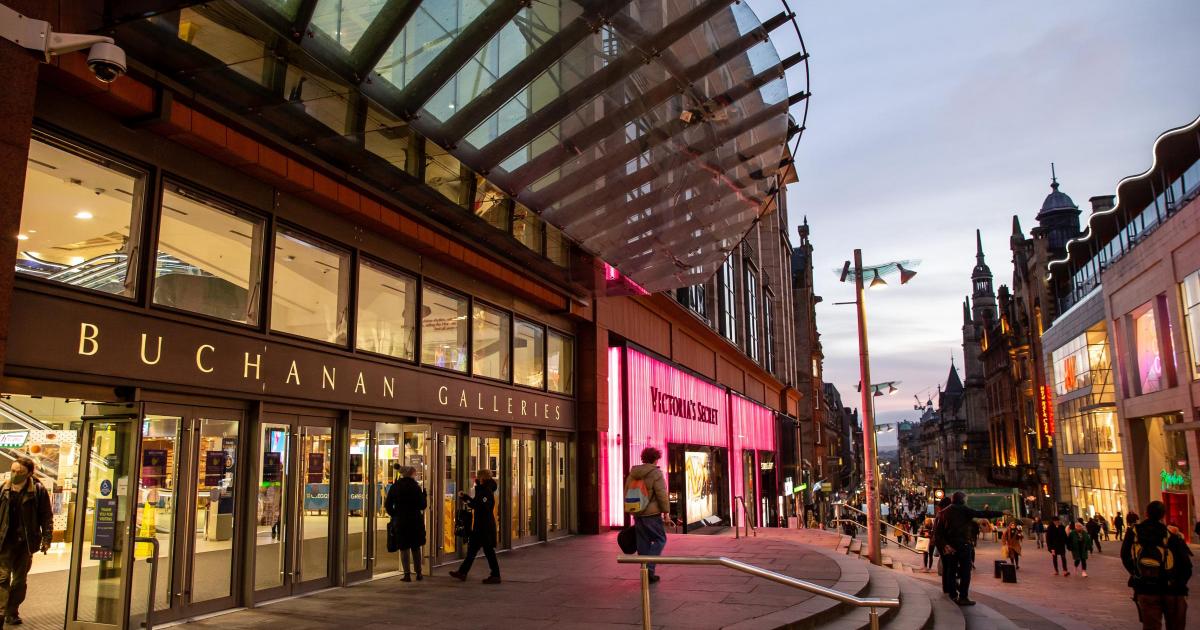But that’s just me being selfish. You won’t hear many city centre businesses complaining about the vast number of Festival visitors. They are, after all, a key reason Edinburgh’s economy has bounced back so strongly after the pandemic.
The supply chain for the Festivals alone, for everything from on-site catering to flyer printing, is estimated to be worth £15 million each year – demand that’s met by more than 600 small and medium-sized businesses.
What’s particularly pleasing is that it isn’t only Edinburgh that looks as though it’s starting to put its post-Covid struggles behind it.
Maybe it’s just the nice weather, maybe it was the Hollywood glamour of Spiderman filming, but when I step out of my office in Glasgow city centre, it’s starting to feel like a city back on the up.
There is a buzz about the place again; popular new spots to eat and hang out – even Sauchiehall Street is looking less like a building site.
Of course, everything always looks better in the sunshine. And with small business confidence still patchy, we mustn’t get carried away. Increased footfall doesn’t necessarily equal higher customer spend. And higher turnover doesn’t automatically mean more profit. But – at long last – things seem to be moving in the right direction.
So there was a sharp intake of breath from many Glasgow businesses when the City Council announced it was exploring both an out-of-town congestion charge and tolls on the Clyde Tunnel, on top of its new Visitor Levy.
Unless this is the Cartman Strategy (named after the South Park character who, on inheriting an amusement park, accidentally strikes marketing gold by telling the public they’re not allowed in, thus sending demand through the roof), it’s an odd approach for a city keen on attracting visitors.
We all get the importance of tackling the climate crisis. Indeed, most small businesses are already changing their operations as they move towards net zero. But government policy in this area must take into account the impact on the small businesses which make our cities work.
If we want to see city centres returning to something like they used to be, we need to listen to the traders who sustain them.
Our research shows seven out of ten Scottish small firms rely on a vehicle for their day-to-day operations. That might be a wholesaler using their van to deliver fresh produce to city kitchens and cafes, or an emergency plumber getting themselves and their tools to where their customers need them.
On top of that, staff in bars and restaurants may rely on cars to get to and from work in the city centre at all hours of day and night when public transport isn’t a viable option.
So, in many different ways, it’s the vans, trucks and cars of its small businesses and their staff that keep a city working.
A congestion charge and tunnel tax would simply add to the growing cost of running businesses at a time when nine out of ten small firms continue to see their operating costs rise. For some, the extra daily charge for them, their suppliers and customers might be enough to prompt their relocation out of the city.
And there’s a wider economic risk. With a quarter of the country’s small businesses targeting growth in the next year – but two fifths of them warning rising labour costs and taxes might thwart those ambitions – you can see how fragile the situation is.
There’s a lot to look forward to in Glasgow in the year ahead. Next month, for example, it’s lights, camera, action for filming of another Hollywood blockbuster. And then there’s the return of the Commonwealth Games in the summer – projected to generate more than £150 million for the wider economy.
Wouldn’t it be great if we could just keep this feel-good (or, at least, feel better) factor building until then? That would make far more sense than slamming the brakes on thousands of small businesses’ growth plans by hiking costs and driving away their customers.
Colin Borland is director of devolved nations for the Federation of Small Businesses
